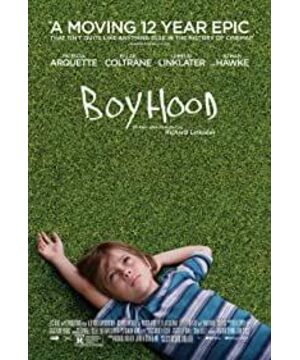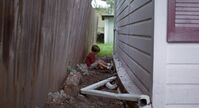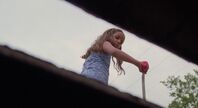When I read "The End of the World and the Grim Wonderland" last week, I found that one of Murakami's views coincided with one that I saw Bai Xianyong earlier. The same is true of content and form. Also relevant to the ideas mentioned above, excerpted below:
I think fiction is still a field of infinite possibilities. Although almost all types of stories have been written, it is possible to clean those stories one by one using the new cognitive system.
——Haruki Murakami
Bai Xianyong firmly believes that how to behave is even more important than what to behave. He said: Some people regard emotional sincerity as the highest standard for measuring works. In fact, most people in the world have sincere emotions. Different from them, writers have a high-capacity and high-skilled expression method. To put it more thoroughly, the themes and themes of the works are always timeless, that is, they are ancient, and they are also very limited in number. But the reason why novels will continue to emerge in an endless stream today and in the future lies in the difference in expression methods and techniques. A novel technique is a basic course sufficient to determine its existence and spirituality, a return of the novel to its own artistic title.
——Yu Qiuyu, "Century Cultural Nostalgia"
In the same year, "Birdman" also had a very powerful long shot. But I think the two are still different. In my opinion, the long shot of "Birdman" does not make much, or rather obvious, contribution to conveying the emotion of the theme, except for a comfortable and smooth feeling of watching the movie. But "Boyhood", I think this way of shooting, this way of telling, is to raise the theme of expression to a level. Although there are many time nodes, the image building and the impact of the plot are damaged to a certain extent. But overall it's pretty good.
Some people say this is simply a non-growth story in America, some people say it dragged on for 160 minutes without telling anything. I don't agree, but it's not totally unreasonable. My opinion is that "Boyhood" actually uses multiple time layers to unify the cast for a long time to show the magic of the passage of time, making up for the unsatisfactory character image and the text itself at one time.
I think there are two main categories of attractiveness in the content of a film. One is that the content itself can cause the audience to think, make people cry, and touch people's hearts. The other is to use some means to evoke memories and resonate thoughts, and move people by these private emotions. "Boyhood" belongs to the latter. It is a very personal text with many elements of American life. The reason why it can set off rave reviews on the other side of the ocean is that it shows the murmur of time and people drifting with it.
View more about Boyhood reviews










